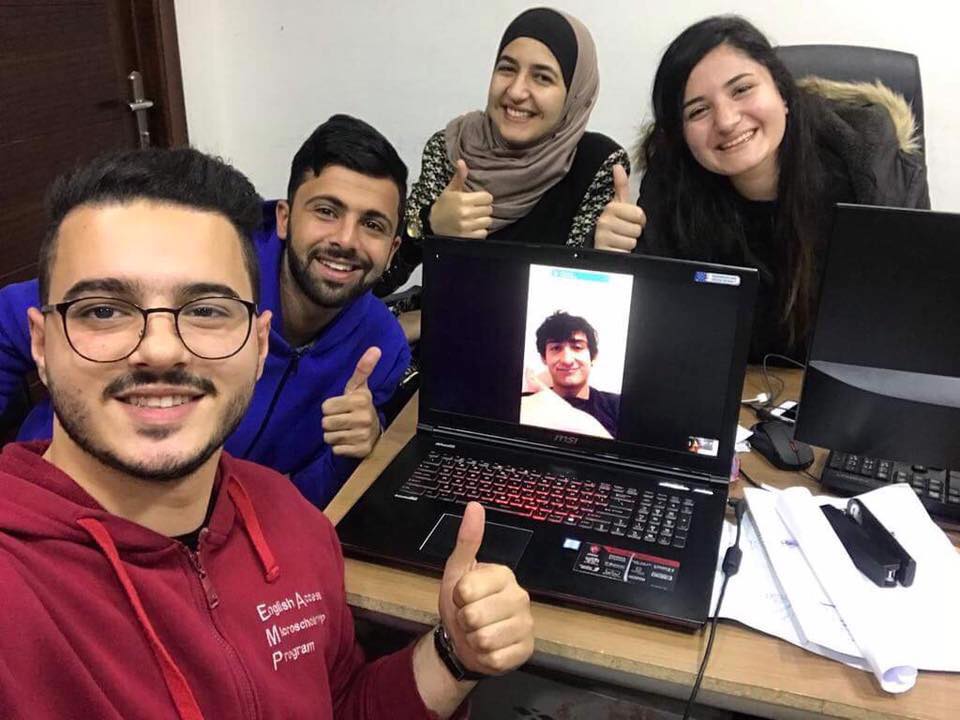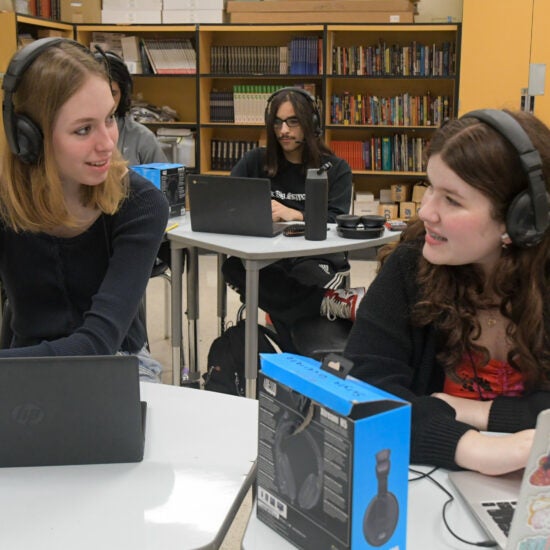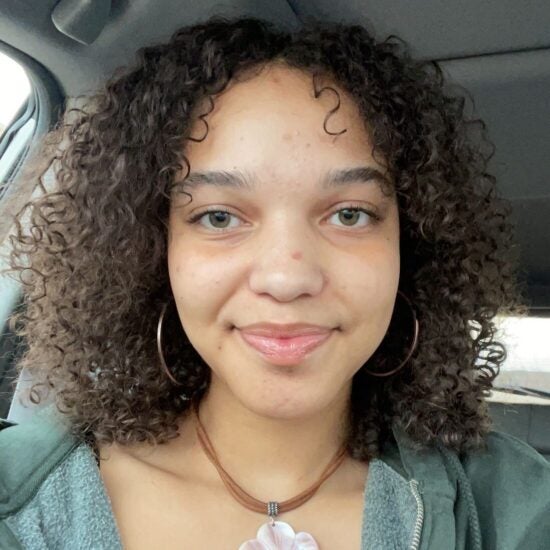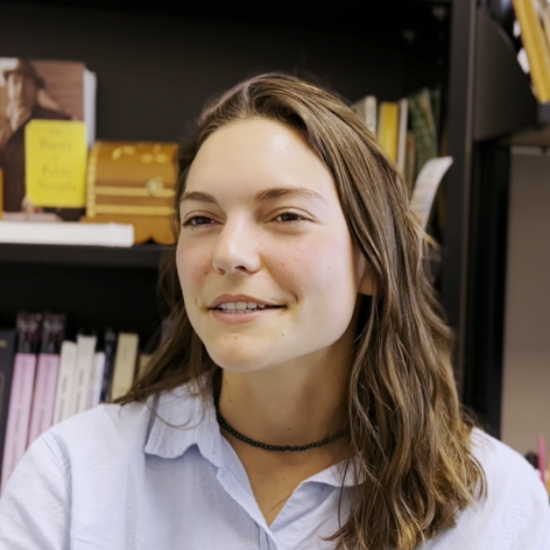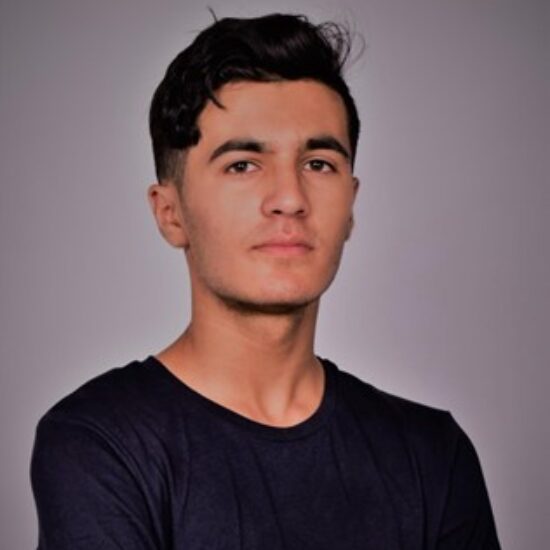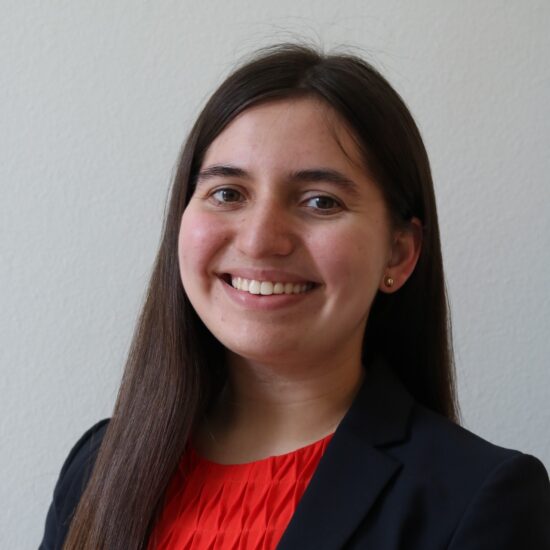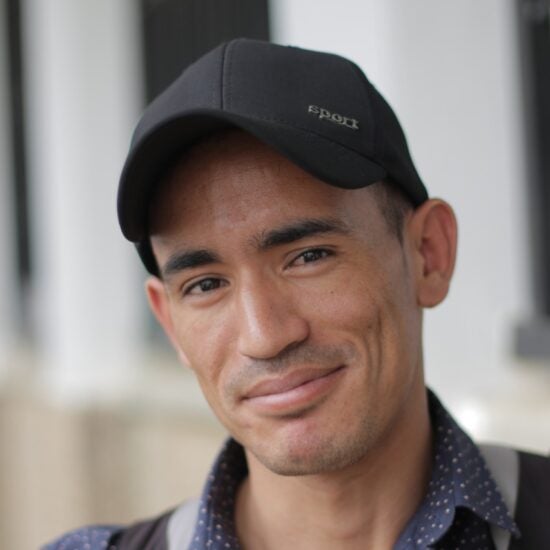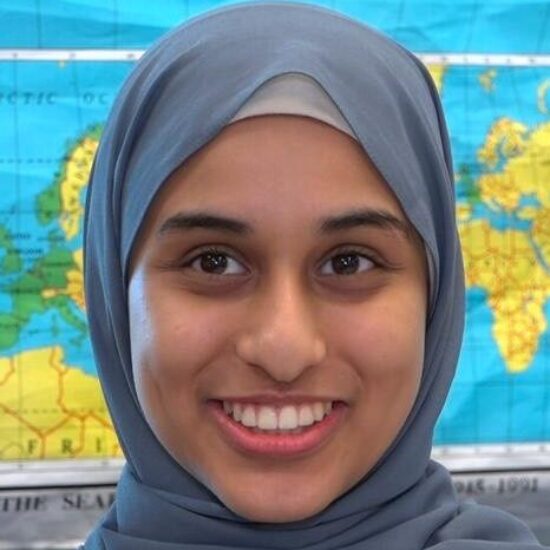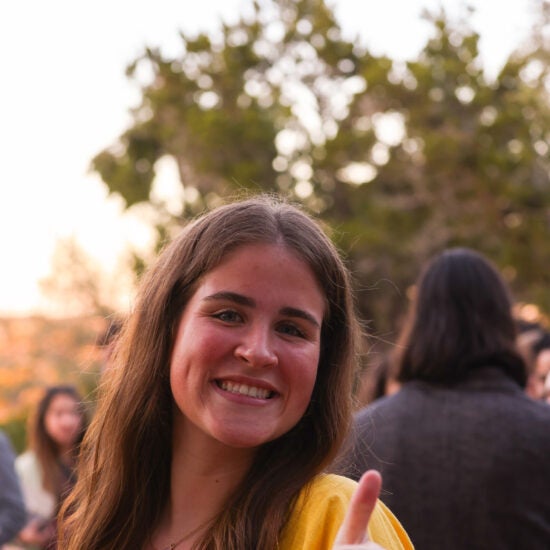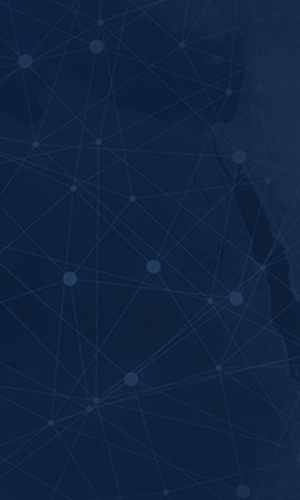The largest West Bank refugee camp, Balata Camp, is located right next to Nablus, where An-Najah National University is located. However, many students have never visited the camp until starting field work for the Green Futures Exchange Project.
The Green Futures Exchange Project uses virtual exchange to connect university students studying architecture and building engineering in Nablus, West Bank and Tempe, Arizona. The program uses project-based learning to provide students with a deeper understanding of environmental sustainability concepts and green buildings.
The project is supported by the Stevens Initiative and virtually connects teams from the U.S. and MENA region to collaborate and participate in a competition. The bi-national competition challenged students to develop cutting-edge green building designs for a local Palestinian community center in Balata Refugee Camp. These designs took into account socio-political realities to also reflect the cultural and practical needs of the refugee community. Teams met their partners online and through video calls over the course of two months to share their architectural design ideas.
One of these teams included Hala, Shereen, Thaer, Sami, and Zach. Zach is from Arizona and had never worked with an international peer on an architecture assignment before this project. The students connected regularly to discuss the social conditions of the refugee camp and what green building designs would be most competitive. When starting to share design ideas, Zach recalled how he learned the power of communicating through the shared language of architecture. “Using architectural drawing, being able to draw out our ideas, as a form of communication enabled us to overcome any language barriers,” he said. That experience helped him not only appreciate the value of working with diverse team members but helped him build crucial professional skills in cross cultural communication that he plans to continue to use.
Thaer, a Palestinian building engineering student from An-Najah University, reflected on his experience with Zach in his team, “I was shocked at how easily my teammates and I connected with Zach, he was so easy to talk to and we became close friends fast.“ Before the project, Thaer had not been very confident in his ability to communicate clearly in English. However, after his many meetings with Zach, he felt confident enough to create innovative building designs with diverse perspectives and to express himself freely. “I’ve developed both my communication skills and confidence, I’m able to make presentations in my other classes with much more ease,” Thaer said. In fact, after this exchange, many of the students felt confident enough to enter both national and international competitions.
Hala, the top architecture student in her class, pointed out how ”connecting with Zach also exposed us to the architecture design software used at ASU and afforded us the ability to learn from a peer in a fun way many design tools we’ll need in our professional career.“ Before going into this project, Hala felt a bit hesitant about working with an American student due to the many different political and religious views she assumed they would clash on. Immediately after starting the exchange with Zach, however, she felt comfortable and recognized how much they had in common rather than their differences. The experience has helped her become, as she put it, “more open to dealing with people from different views and religious backgrounds.”
Thaer, Zach, Hala, Shireen, and Sami continue to keep in touch and value the friendships made through their virtual exchange experience.
